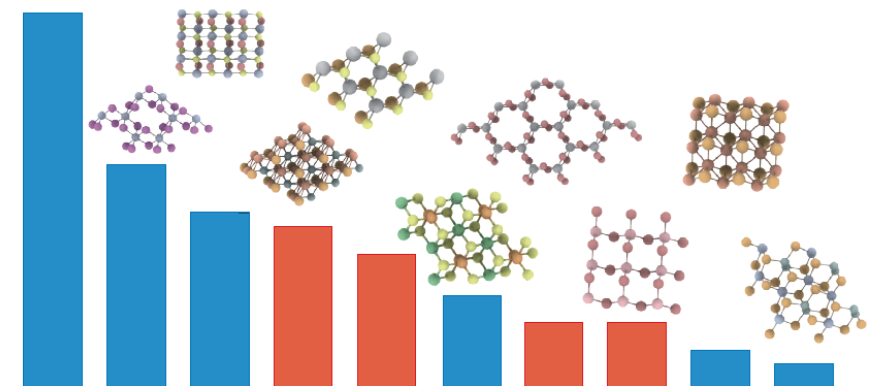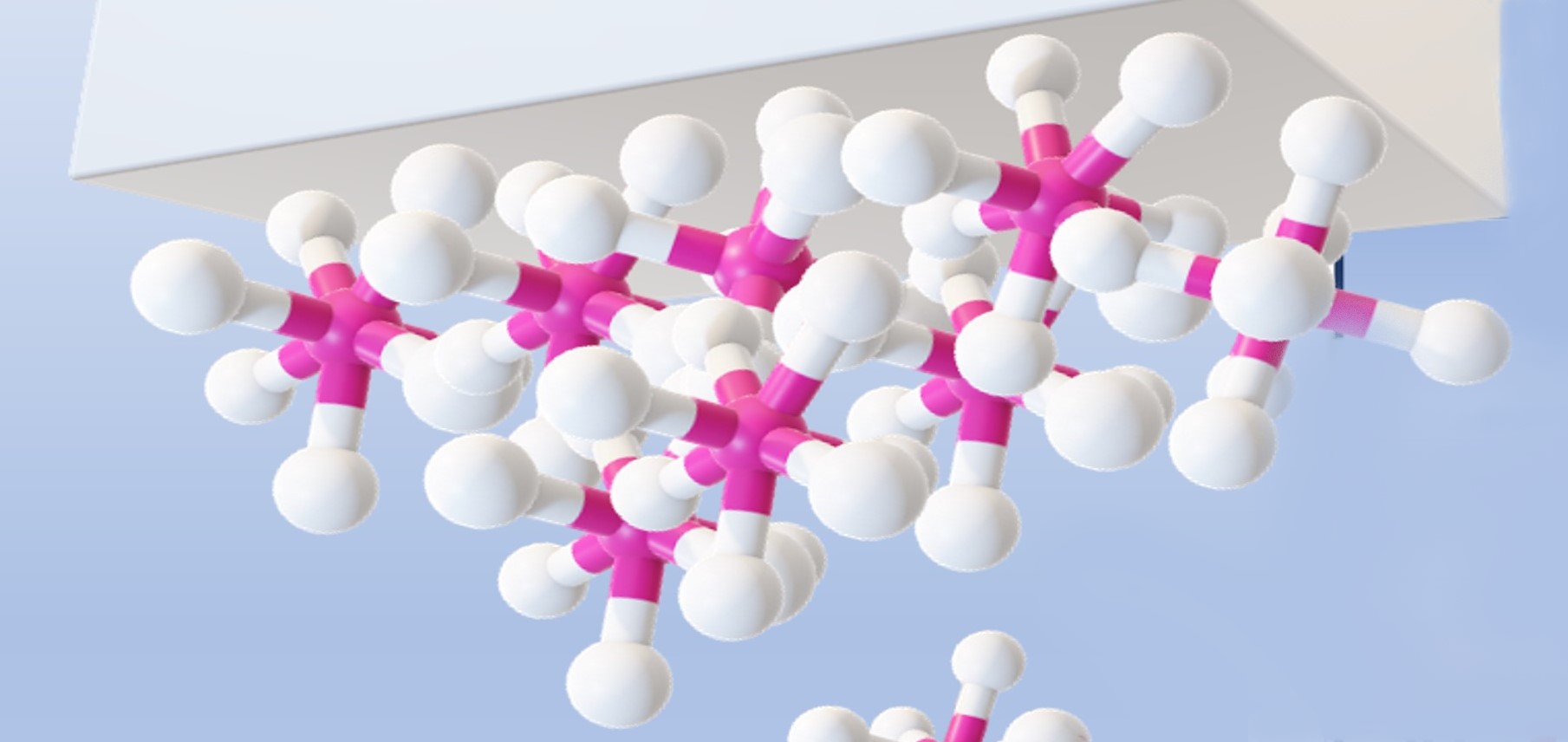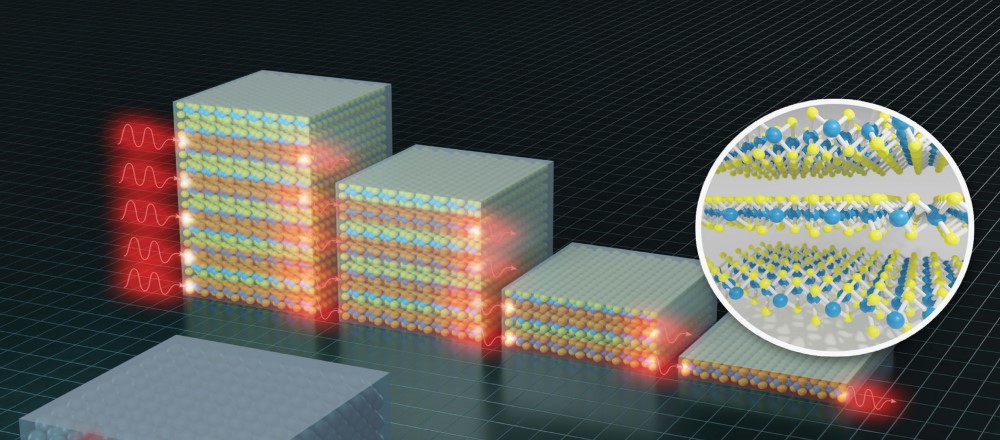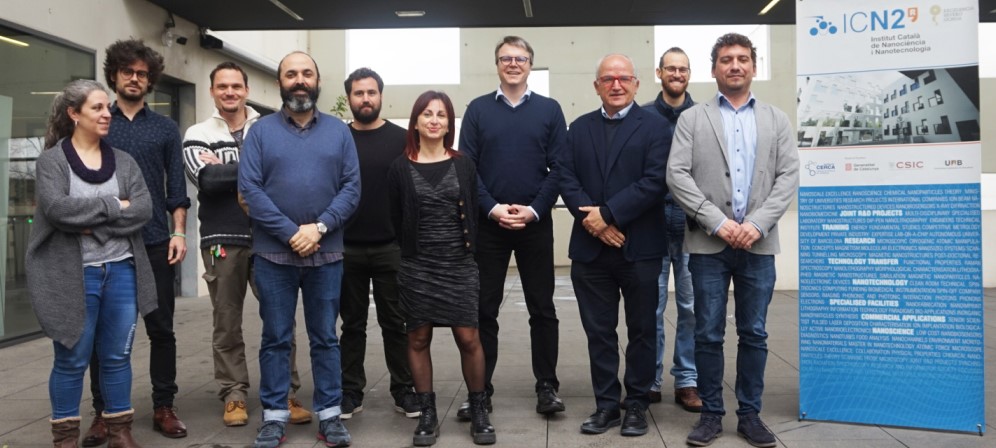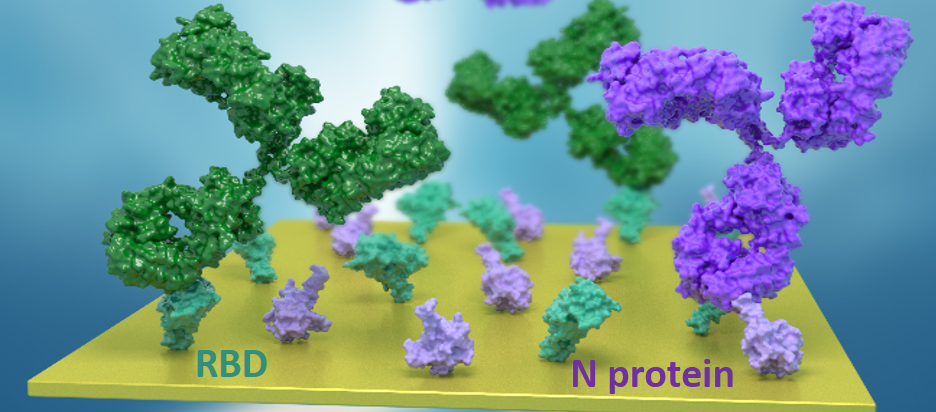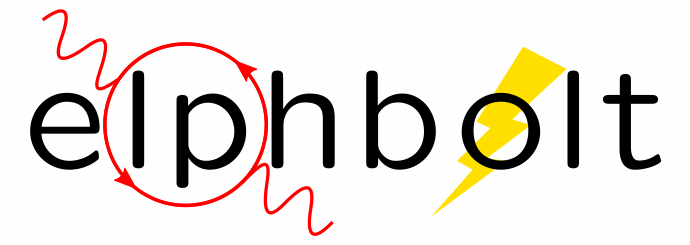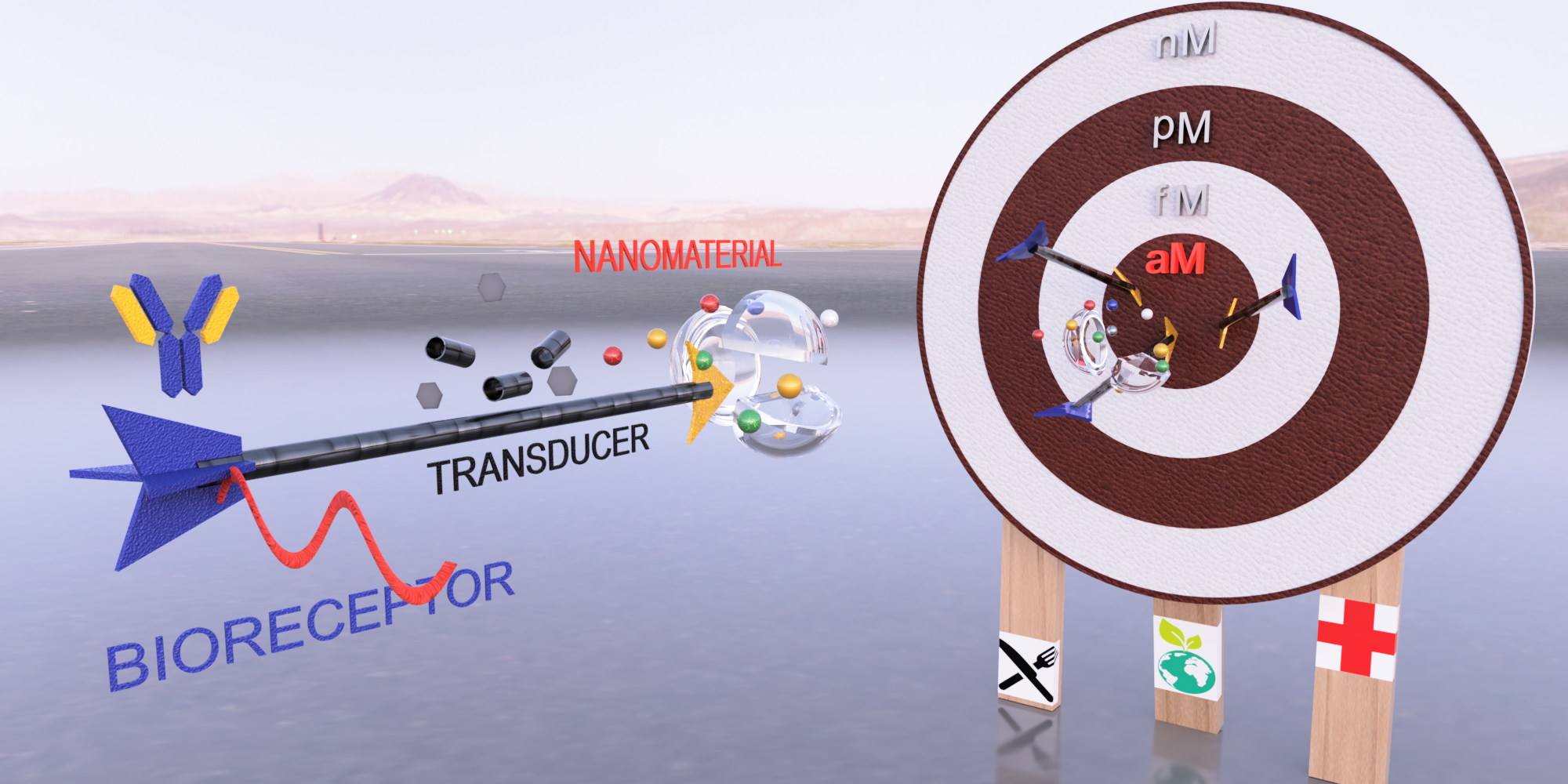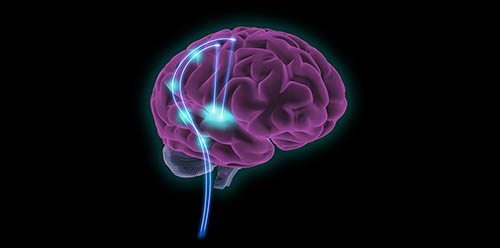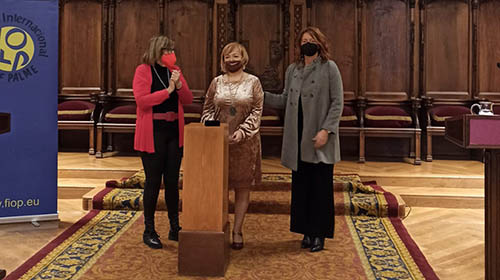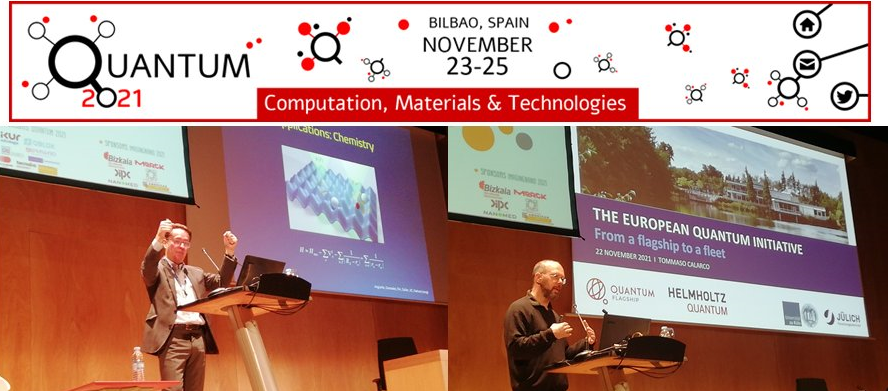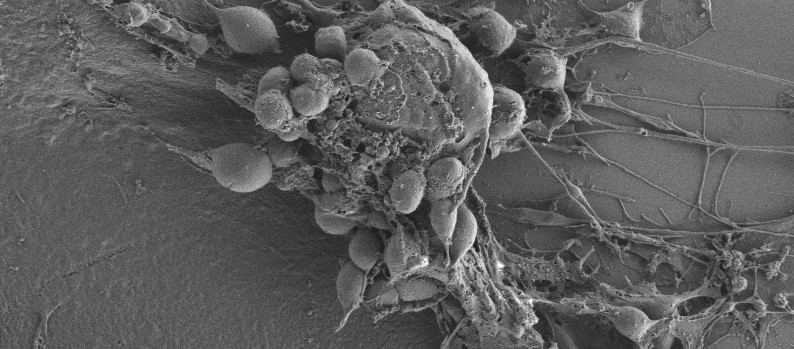Severo Ochoa Programme 2018-2022 NEWS
Our Partner:
https://royalreelspokies.live/ - Royal Reels Australia. Казино Вавада открывает доступ к игровой платформе через официальный сайт Vavada. Быстрая регистрация в
Вавада казино, щедрые бонусы и регулярные турниры с призовым фондом!
Tuesday, 19 April 2022
A theoretical analysis of magnetism, symmetry characteristics and spin transport in van der Waals materials provides guiding rules for benchmarking new tailor-made structures built by stacking different layers of atomic thickness. This work, published in ‘Nature Reviews Physics’, was carried out by researchers from the ICN2, the University College of London and the Johannes Gutenberg University of Mainz.
Wednesday, 06 April 2022
Vapour deposition allows producing glassy materials that show high density and excellent properties, in particular high thermodynamic and kinetic stability. Due to these advantages over liquid-cooled glasses, new applications are now within reach, particularly in the field of organic optoelectronic devices.
Friday, 01 April 2022
The Women in Renewable Energy (WiRE) initiative, meant to give visibility to female scientists working in this research field and to promote their participation in international conferences, is discussed in an article published in MRS Bulletin. ICN2 group leader Dr Mónica Lira-Cantú is one of the initiators of WiRE.
Monday, 21 March 2022
A review in "ACS Nano" examines the phases of the development of a diagnostic device, highlighting the critical aspects and limitations that slow down the process of bringing an innovative technology from the laboratory to the marketplace. This work was conducted by members of the ICN2 Nanobioelectronics and Biosensors Group.
Thursday, 17 March 2022
The study reveals the thermal transport properties of ultrathin crystals of molybdenum diselenide.
Wednesday, 16 March 2022
The project “New comprehensive and disruptive diagnostic technologies for the fight against bacterial infections and antibiotic resistance”, presented by the ICN2 NanoBiosensors and Bioanalytical Applications Group, won in the category "Best Antibiotic Resistance Research Initiative”.
Tuesday, 15 March 2022
INBRAIN Neuroelectronics is a technology company developing graphene-based applications for neurological diseases founded by researchers from IMB-CNM-CSIC, ICN2 and ICREA who lead some of the research areas of the Graphene Flagship. The agreement paves the way for further development and industrialization of patented technology from CSIC, ICN2, ICREA, CIBERBBN, UAB and IDIBAPS.
Wednesday, 09 March 2022
The kick-off meeting of the GLEBioassay project, led by ICN2 group leader ICREA Prof. Arben Merkoçi, took place at the ICN2 on Wednesday 9 March. The project aims to develop a multiplexed point-of-care nanobiosensing platform to monitor the efficiency of naxitamab-based immunotherapy in neuroblastoma.
Wednesday, 02 March 2022
An innovative nano-biosensor for fast, quantitative and accurate COVID-19 serology, which achieves the high reliability of specialised laboratory analysis with the short times and simplicity of rapid self-tests, has been developed by a team of researchers led by Prof. Laura M. Lechuga, head of the ICN2 NanoBiosensors and Bioanalytical Applications Group. This work has been developed in collaboration with the Vall d'Hebron University Hospital and Research Institute (VHIR, Barcelona) and the Hospital Clínic of Barcelona–IDIBAPS –which provided the clinical samples and the validation— and the Emerging Virus Unit of Aix-Marseille University (France).
Thursday, 10 February 2022
Elphbolt is the first software for simulating charge and thermal transport in solid materials that allows integrating the reciprocal effect of electrons and phonons into the calculations. This new free tool will enable detailed studies of transport phenomena in solids, with probable impact on the search for thermopower materials for green energy applications.
Wednesday, 09 February 2022
A project aiming at the nano-monitoring of cancer immunotherapy efficiency through a graphene electrophoretic bioassay platform, GLEBioassay, is one of the ten selected in the 12th Joint Trasnational Call for funding of the EuroNanoMed platform. The consortium will be led by Prof. Arben Merkoçi.
Monday, 07 February 2022
With €150,000 each, the SAFE-ON and COOLGRAELE projects will further develop the pioneering research carried out thanks to previous ERC funding and plan the transference of their technologies to the industry and, thus, the market.
Thursday, 13 January 2022
The ICN2 is now among the academic members of the N4SN consortium of leading organizations in the field of nanotechnology. Its main function is the promotion of nanotechnology advancement and applications as a key mechanism for sustainability to bring positive and impactful solutions to society.
Thursday, 13 January 2022
A paper in “Chemical Society Review” discusses the progress over the last ten years in the development of biological and chemical sensing platforms for the detection of target analytes at ultra-low abundance level (attomolar). This work was coordinated by ICN2 group leader ICREA Prof. Arben Merkoçi and Prof. V.V.R. Sai, from the Indian Institute of Technology Madras (IITM).
Wednesday, 22 December 2021
A study published in Nature Nanotechnology shows that flexible brain probes made of graphene micro-transistors can be used to record pathological brain signals associated with epilepsy with excellent fidelity and high spatial resolution. This research was led by the Catalan Institute of Nanoscience and Nanotechnology (ICN2), the Institute of Microelectronics of Barcelona (IMB-CNM-CSIC) and the University College London Queen Square Institute of Neurology (UK).
Wednesday, 22 December 2021
The award was celebrated at the Saló de Cent of the Ajuntament de Barcelona (Barcelona City Hall). Different personalities of the national Health system were also awarded, together with an in memoriam award for the activist and feminist Núria Gispert.
Monday, 20 December 2021
The project submitted by Dr Begonya Marcos, researcher at IRTA, and Oscar Hernando Moriones, PhD student in the ICN2 Inorganic Nanoparticles Group, proposes a novel methodology based on hyperspectral vision to analyse food and detect the presence of microplastics.
Friday, 17 December 2021
The Severo Ochoa Workshop dedicated to Environment, one of the four areas of applications of the current ICN2 SO Programme, took place in Barcelona on 16-17 December. It comprised three sessions of talks having a different focus and a round table with industrial partners.
Tuesday, 30 November 2021
Experts in quantum science and technology coming from academy and industry met in Bilbao on the occasion of Quantum 2021, a three-day event meant to become the first of a new series of international conferences dedicated to this emerging and promising field of research. The ICN2 is among the organizers.
Wednesday, 24 November 2021
A research team coordinated by Dr. Víctor J. Yuste of the Universitat Autònoma de Barcelona (UAB) demonstrated that the administration of a substance called “gossypol” to cells of glioblastoma, an incurable type of brain cancer, facilitates their death through the natural apoptosis mechanism. This study, in which took part members of the ICN2 Nanostructured Functional Materials Group, opens up a new avenue in the search for a treatment for glioblastoma.
